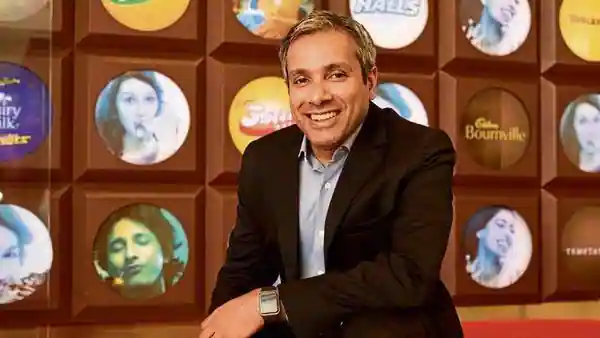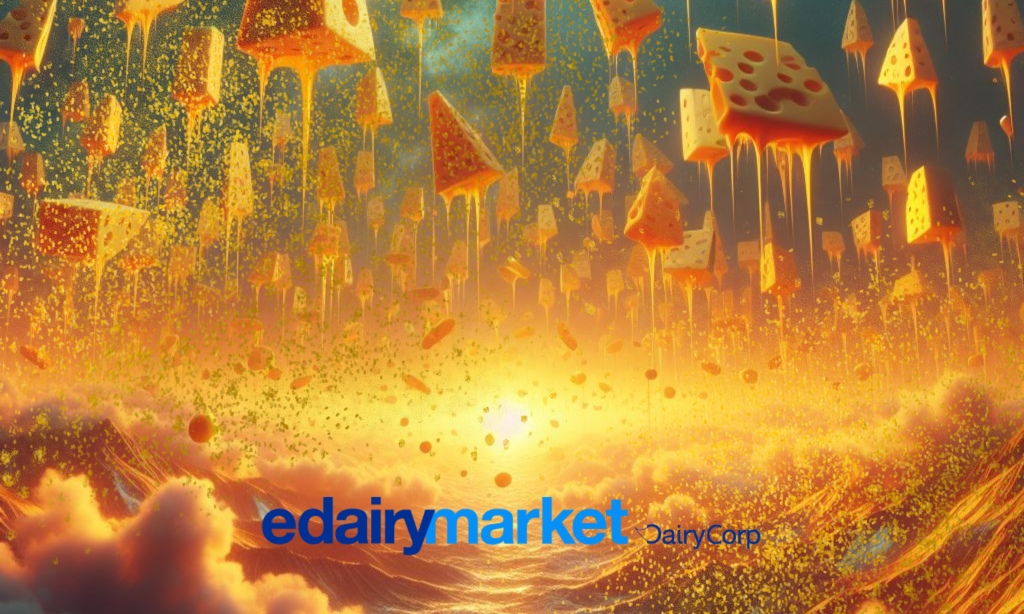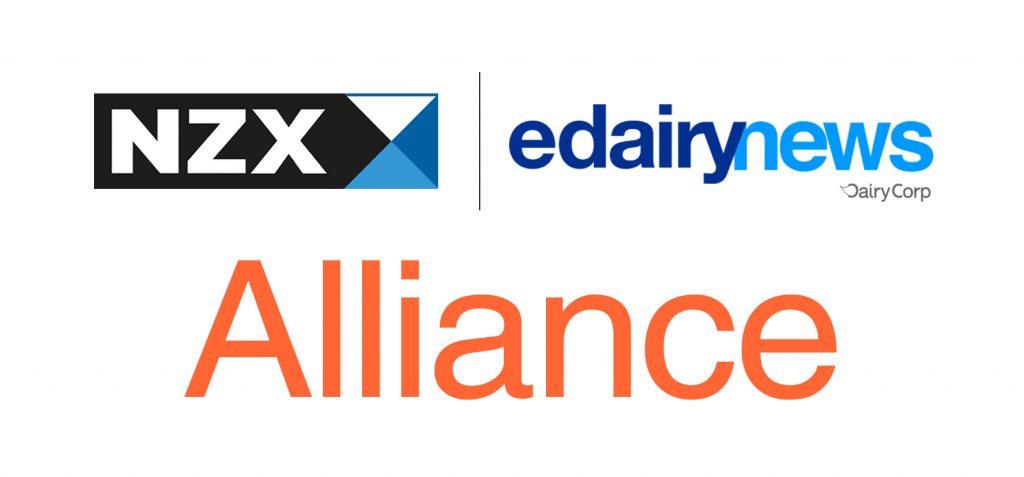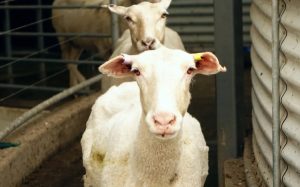Listen to this article
Anil Viswanathan, senior director, marketing, Mondelez India talks about the growing importance of social media influencers, brand safety and the company’s openness to experiment with new ideas. Edited excerpts from the first in Mint’s series of interviews with marketing leaders that capture the dynamic and fast-changing world of marketing:
Your new Cadbury Dairy Milk campaign refreshing the iconic 1994 ad with an interesting gender role reversal has gone viral. How did it come about?
I think it came through as an idea from a junior creative member of our agency partners, Ogilvy. When the idea was presented to us, we instinctively felt that it is a great one to execute. You can see this film as part of the platform that we have been driving over a series of initiatives over the last three years. Cadbury Dairy Milk stands on the platform of generosity. We express it in India as Kuch Achha Ho Jaaye, Kuch Meetha Ho Jaaye. We have tried to bring this thought alive by trying to shed light on acknowledging the unacknowledged. Especially after covid, the country has been swept by a wave of gratitude towards all those who have taken care of our lives. We just felt that it was appropriate for us to even dial up this whole message of generosity. We did that through the “Thank You” campaign last year.
When this idea was presented, what struck us is this new emerging trend of celebrating women and their achievements across fields and we thought it is such a beautiful representation of that.
What has the initial response to the campaign been?
Early days, but needless to say that it has taken us completely by surprise. To be very honest, when we initiated and put it out, it was almost like an experiment. Now that we are seeing the love and the response that it is getting, we are investing behind it significantly. We’ve actually launched it on Kaun Banega Crorepati and in the India women’s (cricket) tour of Australia. I think we’re going to continue to invest behind it. There are lots of cricket properties coming in where we are going to be active.
How experimental is Mondelez when it comes to latching on to new social media platforms?
We keep experimenting a lot. One of the things that worked well with us is the fact that we are open to experimentation and try a lot of different things, whether it is a Snapchat filter during Valentine’s Day, or a Twitter campaign on cyberbullying, or a mental health awareness programme on WhatsApp. A lot of it is also idea first. When we get a great idea, we see different platforms adopt that idea differently. The only caveat I would add is that we are also clear about brand safety, given that it is an important parameter for us. We have strict global guidelines and we also like to be over-cautious.
As social media channels become popular do you think they require regulation?
Across all industry bodies, one is clearly trying to create an element of fair play and ensuring that there isn’t one-upmanship or spreading of false information. Clearly, misuse is rife in this medium. Hence, the industry bodies are working together and it will be great to be on the watch out to ensure that malicious messages do not get spread and there is adequate safety, not just for consumers but also for brands. There is a great desire for user-generated content—there are so many micro influencers—it is a grey area and the regulators and the micro influencers need to come in to figure out how to regulate that.
In terms of a level playing field, today we are also in a situation where we are looking for an integrated view, from a multimedia standpoint and, as and when new platforms are coming in, it is just getting complex. Increasingly, there are cries for transparency and greater sharing so that there is more consistency.
Do you think the influencer network in India has reduced the sway celebrities hold over campaigns?
I don’t think there can be a definitive answer to this. Clearly their roles are different. There are stages in a brand’s life cycle where a celebrity could be extremely useful.
Today, the way the medium operates, having an influencer network has almost become mandatory. They do play a role, specifically in social media, for engagement, but over a period the lines are also blurring. There have been cases of celebrities who have become influencers and influencers who have become celebrities.

















